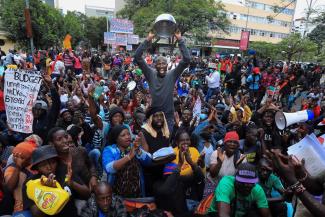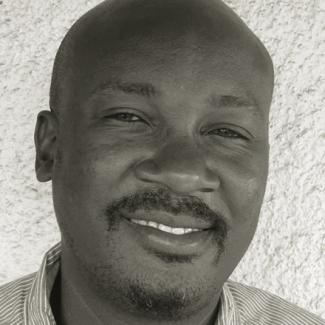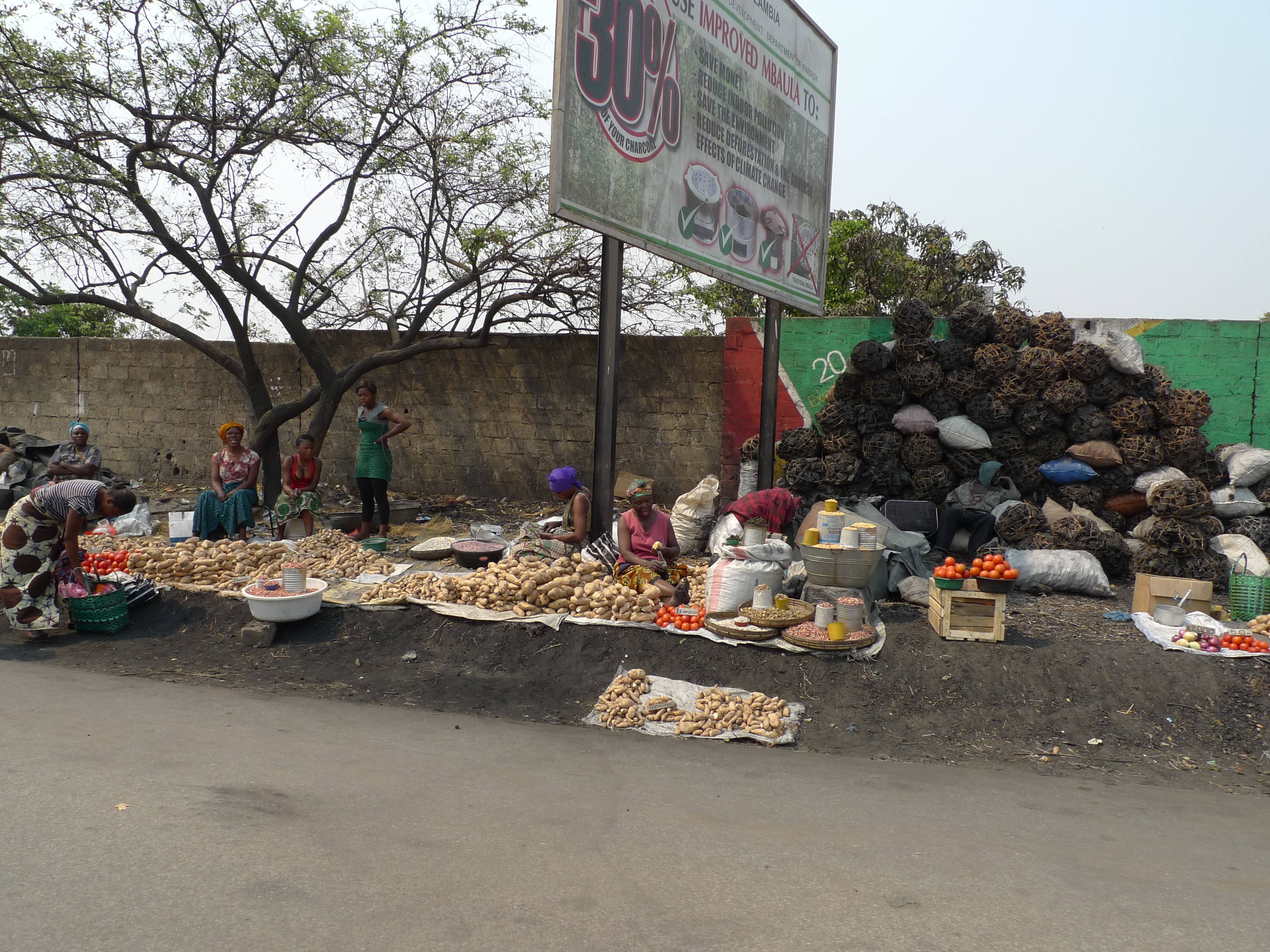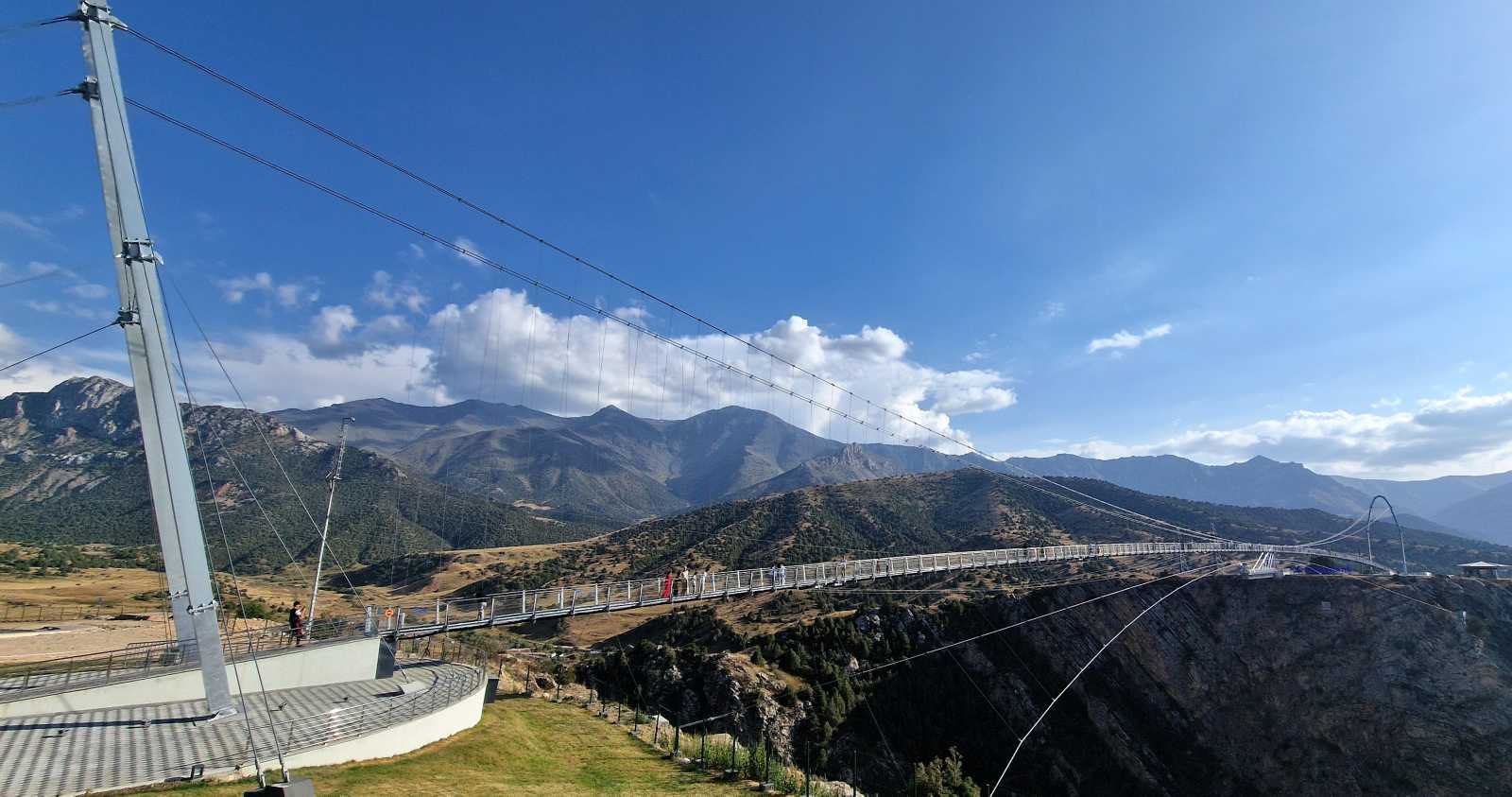Governance
Kenyans have taken to the streets

Global inflation, driven by Russia’s war in Ukraine, and an economy that is only slowly recovering from the Covid-19 pandemic are driving prices in Kenya. To make matters worse, the government has cut subsidies for essential goods such as fuel or maize meal, the basis for the country’s staple food, ugali.
At the same time, it is hiking taxes on income, petrol or housing to raise money domestically and to deal with the external debt crisis, which is mainly fuelled by the debt to China and other international obligations, for example to the IMF.
Kenya is actually East Africa’s economic flagship, but still many people there live close to the poverty line. They now wonder how to put food on the table the next day – and they are angry.
The protests started back in March this year in the capital Nairobi and other cities like Kisumu and Mombasa. They were organised by the opposition under the leadership of Raila Odinga, who challenged the election of President William Ruto in court last year. The court ruled that Ruto had won legitimately.
Odinga still accuses Ruto of lying. During the election campaign, he had promised to reduce the cost of living within a hundred days of taking office last September. The accusations are falling on fertile ground across the country.
Initially, the protests took place once a week, then the organisers extended them to three times a week, Wednesdays to Fridays. The opposition called on their supporters to carry empty pans and pots on their heads and beat them with cooking sticks – the obvious gesture became symbolic. A march to State House, where the president sits, was thwarted by police.
The protests were also marked by dramatic car chases with the police pursuing the organisers. Higher-ranking opposition figures were arrested. Most protesters were on foot and engaged in street battles with the police, resulting in injuries on both sides.
The police are accused by civil society and the opposition of using brutal force against the demonstrators. According to the human-rights organisation Amnesty International, thirty people have been killed. Dozens bear bullet wounds and injuries from tear gas and police batons. In total, hundreds of people have been arrested.
At the same time, the economy is suffering as traders and shop owners had closed their shops for fear of violence, looting and destruction of business premises. The Kenya Private Sector Alliance estimates daily losses at almost 19 million euros on protest days.
Dialogue urgently needed
Religious leaders and western diplomats have called on the government to engage in dialogue with the opposition. The ambassadors and high commissioners of Australia, Denmark, Germany, the United States, the Netherlands, Sweden, Ukraine, Canada, Ireland, Norway, Switzerland and the United Kingdom expressed concern about the loss of life, violence and destruction of property.
The government and the opposition have since started bipartisan talks. President Ruto and opposition leader Odinga agreed to form separate dialogue teams under the mediation of former Nigerian President Olusegun Obasanjo. So far, however, the negotiators – five from each side – have not been able to reach an agreement. Both sides were nevertheless optimistic about finding a solution.
At the end of July, the opposition stopped the protests. Instead, “solidarity parades and vigils for the victims of police violence” were organised in all parts of the country.
Kenyans expressed mixed feelings about the ongoing dialogue. Paul Wekesa, a Nairobi resident, says: “Once dialogue happens, you know it is no longer about the citizens. We have seen it before: politicians want to discuss what serves their own interests best.”
Public pessimism was compounded at the end of August when Deputy President Rigathi Gachagua dismissed the ongoing bipartisan talks, saying that the dialogue would achieve nothing. Opposition leader Odinga also hinted at a change of tactics should the talks fail, saying he would again call on his supporters to protest and strike.
Isaac Sagala is a journalist and radio trainer. He lives in Nairobi.
bwanasagala@gmail.com












